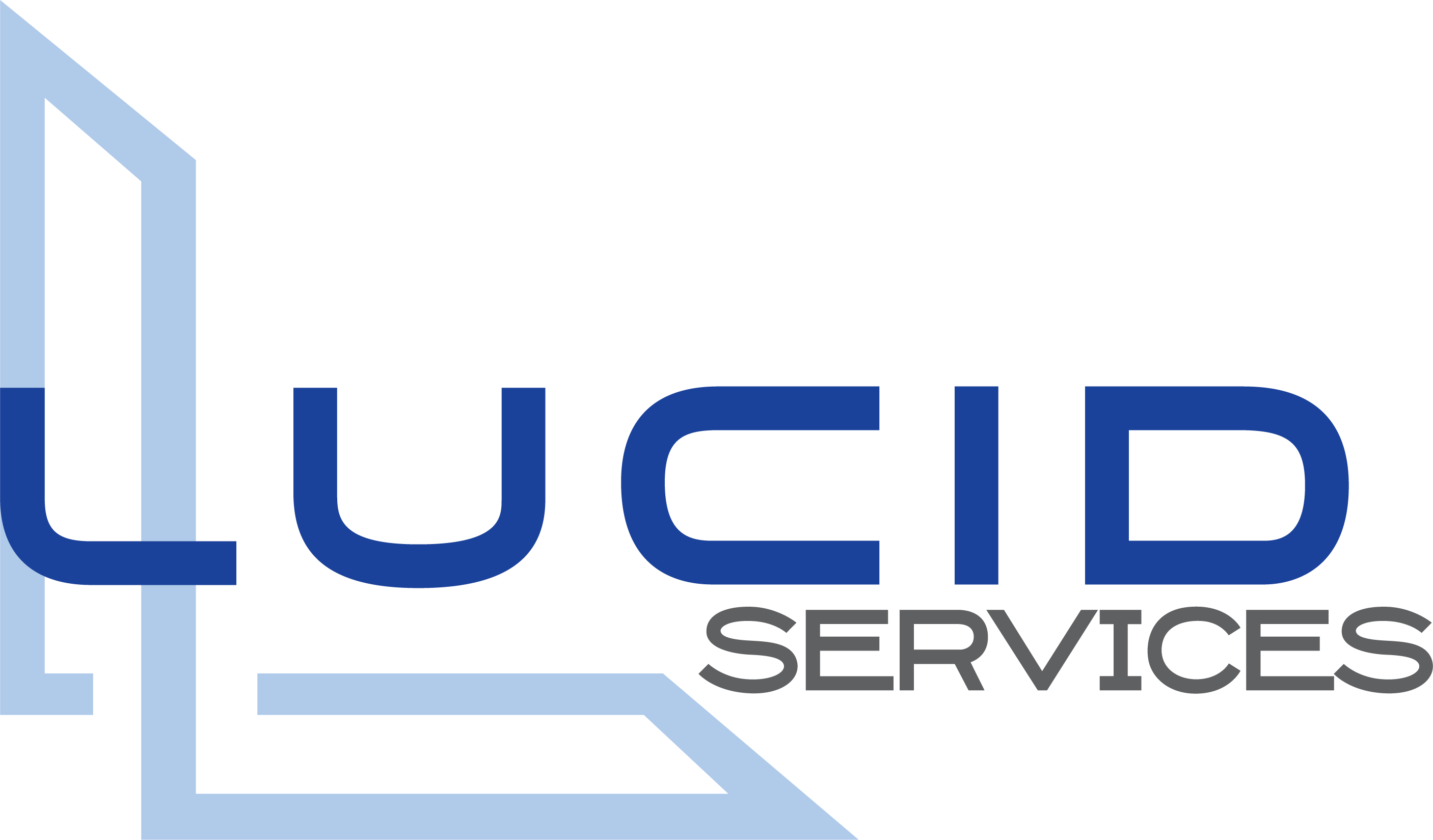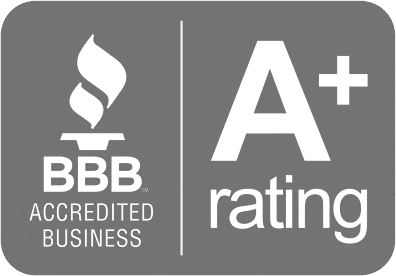
What Business Owners Should Know
As hurricane season approaches, businesses across Texas—particularly in coastal and high-risk regions like Houston—must take proactive steps to safeguard their properties. One of the most critical, yet often overlooked, components of storm preparedness is the commercial roofing system. Your roof serves as the first line of defense against wind, rain, and flying debris. Ensuring it is ready for hurricane conditions can significantly reduce the risk of structural damage, operational downtime, and costly repairs.
This article outlines essential considerations and best practices for preparing your commercial roof for the challenges of hurricane season.
1. Schedule a Comprehensive Roof Inspection
A thorough inspection is the foundation of any effective hurricane preparedness plan. Inspections should be conducted by qualified professionals who can assess the integrity of the entire roofing system, including:
- Membrane condition (tears, bubbles, or punctures)
- Flashing and edge details
- Drainage systems and scuppers
- Fasteners, seams, and joints
- Rooftop equipment mounts and attachments
Identifying and addressing small vulnerabilities before a storm hits can prevent more serious damage later.
2. Clear Debris and Secure Loose Objects
Roofs often accumulate debris, such as leaves, branches, or discarded materials, which can clog drainage systems and exacerbate water intrusion. Additionally, HVAC units, signage, and other rooftop equipment should be checked to ensure they are properly secured. Loose items can become dangerous projectiles in high winds.
Routine cleaning and maintenance help reduce this risk and improve the performance of drainage systems during heavy rainfall.
3. Evaluate Drainage Systems
Blocked or inadequate drainage is a common cause of water damage during hurricanes. Verify that all drains, downspouts, and gutters are functioning properly and free of obstructions. Consider installing additional drainage or upgrading components if your current system has a history of poor performance.
For flat and low-slope roofs common in commercial buildings, ponding water poses a serious threat and should be addressed well in advance of storm activity.
4. Review Roof Warranty and Insurance Coverage
Understanding the limits and terms of your roof’s warranty and insurance policy is essential. Some warranties may require regular maintenance to remain valid. Ensure documentation is up-to-date, and take photographs of the current roof condition before hurricane season begins. This step can prove invaluable for insurance claims if damage occurs.
5. Implement a Roof Management Plan
A documented roof management strategy provides long-term benefits. This includes keeping records of inspections, repairs, and maintenance schedules. During hurricane season, having a clear action plan—such as emergency contact lists, post-storm inspection protocols, and procedures for securing rooftop equipment—can expedite recovery efforts. Need some help or advice? Reach out to our commercial roofing experts at Lucid.
6. Consider Reinforcement Upgrades
Depending on the age and design of your roofing system, additional reinforcements may be advisable. These can include:
- Enhanced edge securement systems
- Hurricane-rated fasteners and anchors
- High-wind-rated membranes and coatings
Such upgrades, especially in hurricane-prone areas, can improve resilience and extend the roof’s service life.
Final Thoughts

Hurricane season presents a serious threat to commercial properties throughout Texas, particularly along the Gulf Coast. A well-maintained and properly prepared roof plays a vital role in minimizing the impact of severe weather. By taking the necessary steps now—inspections, maintenance, documentation, and planning—building owners and facility managers can protect their investments and ensure business continuity.
At Lucid Services, we are committed to helping clients across Texas understand and manage the risks posed by extreme weather. Preparedness is not just a precaution—it’s a professional responsibility.
For more guidance on commercial roofing best practices, please consult with one of our certified roofing professionals and industry specialist at Lucid Service.


